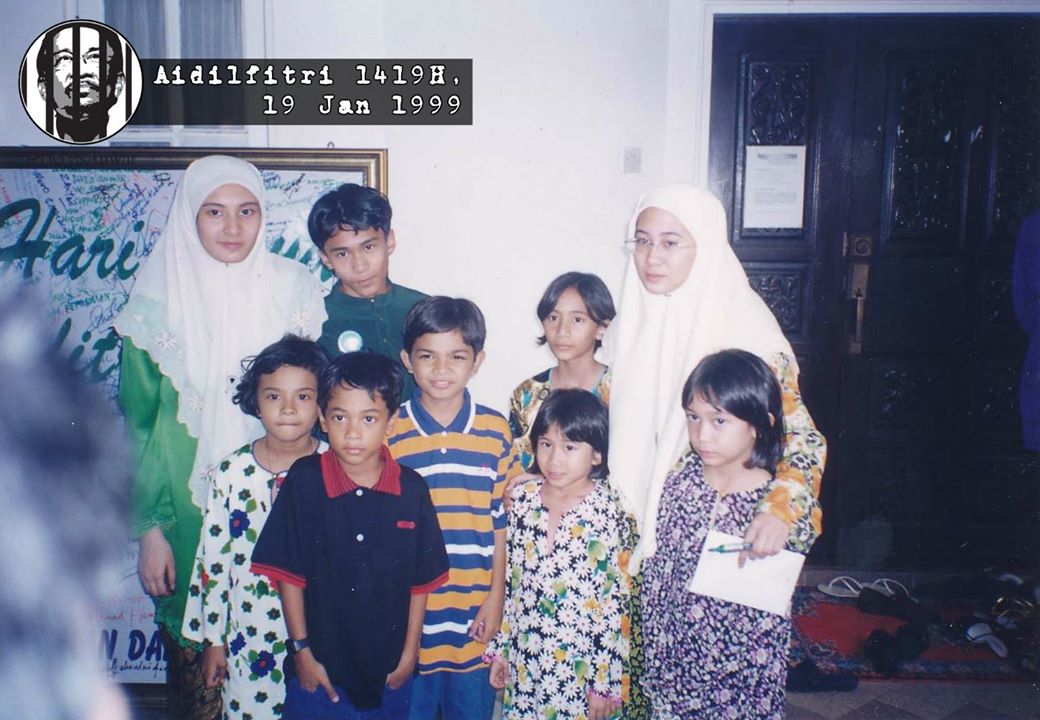IN THE past, the most lasting impact of a foreign revolution that captured the imagination of the Muslim world, Malaysia included, was the 1979 Iranian revolution.
Muslim movements everywhere were inspired by Khomeini’s promises. Religious conservatism marked the era — the zeitgiest of the time.
However, the inspiration quickly turned sour as the revolution faced a democracy deficit and turned against many of its champions — including Ayatollahs who were imprisoned for their relative liberal beliefs.
How markedly different was the Arab Spring of recent times. Their demand for greater freedom and civil liberties — made not from those educated and belonging to the West, but local Arabs, North Africans and Middle Easterners alike — coming together in overthrowing old corrupt despots.
Just a year after the Arab uprising, the Egyptians successfully elected members of its new legislative assembly, and the Parliament dominated by the Muslim Brotherhood’s Freedom and Justice Party (FJP) has assured the world that the post-revolution Egypt would be guided by the principles of “truth, justice and equality”.
Such pronouncements laid to rest the apprehension and fear stemming from the alarmist international community of a possible strict implementation of sharia laws by the Brothers. There was no question of alienating the Christian minority.
FJP founding secretary-general Saad Al-Katatny, who is now the Speaker of the People’s Assembly, promised that eradicating corruption and rebuilding Egypt’s social, economic and political infrastructures would be the assembly’s priority.
The Brotherhood’s inclusive message was not as a result of the electoral outcome; even before the start of the election process, Saad, realising the diversity of views in the revolution, declared that no one party would be able to work alone to rebuild Egypt.
FJP, which controls 47 per cent of the assembly’s seats, has since been busy forming a national alliance with smaller parties, and has dismissed the possibility of working with the ultra conservative al-Nour, who won 25 per cent seats.
It has not been easy for the Brothers to change its priorities after decades of fighting in the name of Islam.
Perhaps FJP could have won more votes and maybe al-Nour would not have gained so many seats in the People’s Assembly if the Brotherhood — a name synonymous with political Islam — had not put its nation building aspirations momentarily ahead of its sharia ambitions.
FJP leaders and the Brothers were accused of abandoning their original struggle; during campaigning al-Nour leaders described FJP as no different from other Egyptian secular parties.
For years from now, expect al-Nour leaders to continue to provoke FJP on Islamic issues and to distract the Brothers from its main objective of rebuilding a new Egypt. However, it is this ideological tension that will create a constructive, dynamic and competitive culture in shaping Egypt’s political landscape for years to come.
And with the life imprisonment of former president Hosni Mubarak and upcoming presidential election run-off between none other than the Brotherhood’s candidate and former regime’s shortlived premier, the closing of the old authoritarian period and the dawn of a new democratic era may now begin.
Here in Malaysia, the torch bearer of political Islam, PAS — an important partner in Pakatan Rakyat — has undergone similar changes in its political agenda. Before the general election in 2008, PAS campaigned with a promise of a “Caring State” or Negara Berkebajikan.
The unprecedented outcome of the election later made PAS together with Parti Keadilan Rakyat (PKR) and DAP form a post-election coalition to collectively govern Selangor, Kelantan, Kedah, Penang and Perak.
Pakatan Rakyat was formalised a month after the general election and soon a Common Policy Framework was launched followed by the Orange Book that outlines the coalition’s plans for the federal government.
PAS’s roles in the coalition governments and Pakatan’s common policy have opened the party to attacks from its rivals. Despite repeated explanations by PAS leaders that its partnership with PKR and DAP is still Islamic in nature, conservative groups have been accusing PAS of abandoning its founding principles for votes.
PAS was questioned why it has not introduced the Hudud law in states where it governs through the coalition. Attempts were made in public and in private by right-wing leaders for PAS to quit Pakatan and join its rival for the sake of “Muslim and Malay unity”.
PAS leaders, however, have continued to remain loyal to our common policy — which is a result of months of negotiations among the three parties — and PAS has even cleansed its party of elements that oppose the spirit of consultation in Pakatan.
PAS leaders like all of us in PKR and DAP understand the expectations of the people of Malaysia go beyond the ideology of the individual parties.
And therein lies the hope for a Hibiscus Spring in Malaysia; one that is predicated upon putting the practical needs of Malaysians first. This indeed is the middle way forward for a better Malaysia. For none of the individual parties can succeed on their own.
Published in The Malay Mail on 4th June 2012

